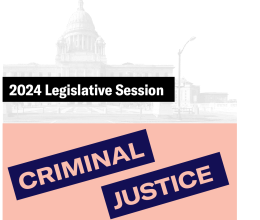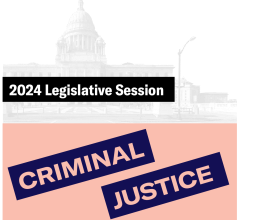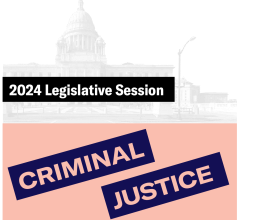Expressing concern that “lives are on the line,” nineteen local medical professional associations and dozens of public health experts and activists are urging the Rhode Island House of Representatives to expand the Good Samaritan Overdose Prevention Act’s immunity to include more charges and provide protection for people on parole and/or probation in order to save more lives.
The call for additional action is contained in three separate sign-on letters submitted to House leaders yesterday, all asking for passage of a Senate bill that expands the immunity provisions contained in the current law. In contrast, the version passed by the House only extends the law’s sunset provision for two years without increasing the number of people protected by the immunity. One of the letters said passage of an expanded immunity bill is “critical to addressing the problem of overdose.” (Each of the letters is available here, here, and here.)
On July 1, 2015, the Good Samaritan Overdose Prevention Act is set to expire if the Rhode Island legislature does not act to extend it. The law provides immunity for drug possession and paraphernalia charges in the event of a life-threatening overdose, encouraging witnesses to call 911 for medical assistance. It also allows citizens to carry and administer Narcan to someone who is overdosing. The number one reason people cite for not calling 911 in the event of an overdose is fear of arrest. Overdose deaths are often preventable, but like a heart attack, the chance of survival greatly depends on how quickly one receives medical assistance. Twenty-three states and the District of Columbia have Good Samaritan laws, and it is critical that Rhode Island maintains and expands its Good Samaritan law in order to address the overdose problem and save more lives.
Among the individual signatories to the letters are Dr. Josiah Rich, MD, MPH; Dr. James Crowley, MD, former president of the Rhode Island Medical Society; Traci Green, Associate Professor of Emergency Medicine and Epidemiology, Brown University Alpert School of Medicine; and Michelle McKenzie, MPH, director of Preventing Overdose and Naloxone Intervention. Medical associations signing on to a a separate letter include the RI Medical Society; the American College of Physicians, RI Chapter; the RI Academy of Family Physicians; and the RI Society of Addictive Medicine.
In 2014, 239 Rhode Islanders died of a drug overdose. It is estimated that more than half of those who died were formerly incarcerated people. Overdose is the leading cause of accidental death in Rhode Island and is the number one killer of people leaving prison. More than 5,000 doses of Narcan have been distributed to people across Rhode Island.



